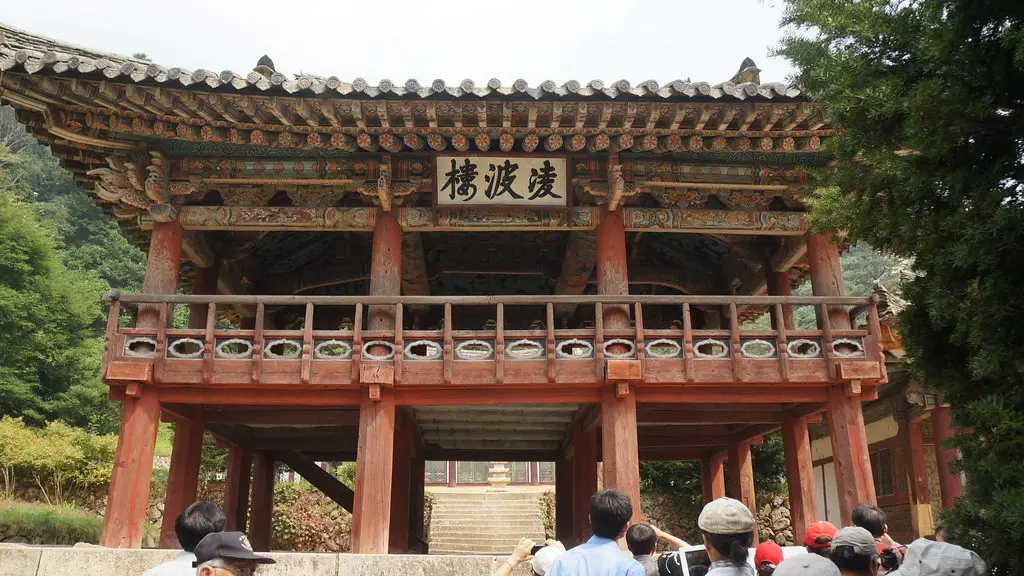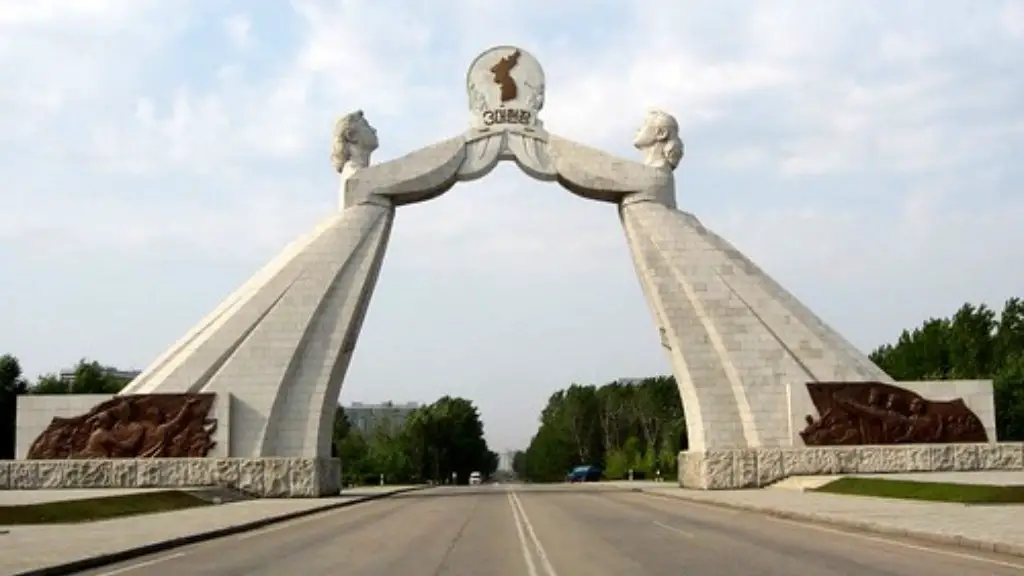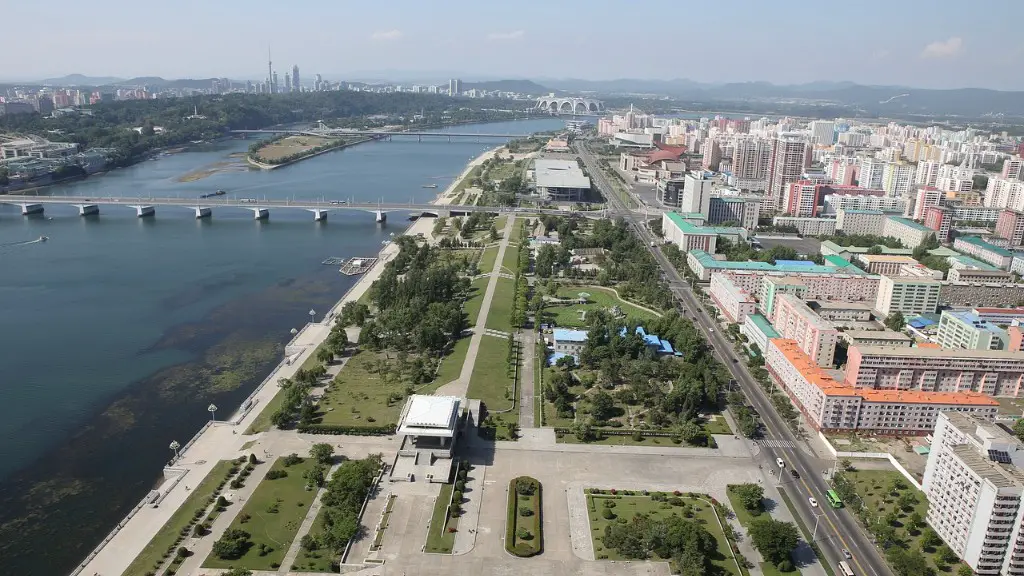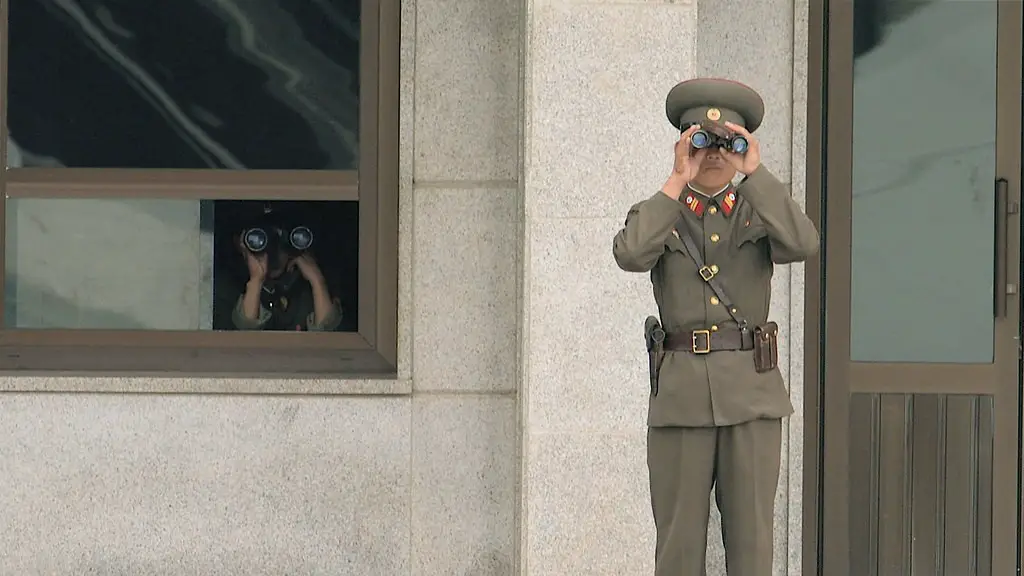Concept of North Korea’s Government
North Korea’s government is officially called the Democratic People’s Republic of Korea and is an isolated single-party state run by the ruling Korean Workers’ Party. This type of government uses a family dynastic dictatorship under the Kim regime and is led by the current Supreme Leader, Kim Jong-un. North Korea has very strong censorship and an oppressive government of the people, with a very poor human rights record according to the United Nations and other international organizations. In this sense, North Korea is a totalitarian state since there is a complete absence of a meaningful opposition and the only political party is the ruling party.
Repression in North Korea
North Korea suppresses political dissent with extreme brutality and the country has one of the highest prison populations in the world with more than 200,000 people estimated to be held in its prisons and labor camps. Political prisoners and their families are sent to these camps for alleged ‘anti-state activities’ and are subjected to torture, hard labor, and starvation, with some prisoners even reported to suffer from execution. All citizens of North Korea must follow the rulings of the all powerful Supreme Leader, with those who dare to speak out against the regime facing harsh punishment, or worse – death.
Economic System
North Korea boasts a centrally planned economy, with some elements of a market economy. The state controls heavy industry, while retail and services are left to the citizens. Resources are allocated to each centralized production force, with decisions made by designated central-level coordinators. Prices are set by the state to ensure that the economy remains stagnant and state subsidies are provided to those individuals and families deemed loyal to the regime. North Korea heavily relies on external aid to maintain its agricultural and industrial output. It is currently highly dependent on its ally China for trade and oil, with some 95 percent of North Korean oil imports coming from China.
Military
North Korean’s government invests heavily in its military capabilities to secure its position as the Supreme Leader. The country has the fourth-largest standing military in the world, behind India, the United States and China, with a standing armed forces of nearly 5 million people. Its most powerful weapon is its nuclear arsenal, which is estimated to be capable of producing up to 20 nuclear weapons. North Korea also has chemical and biological weapons, as well as ballistic missile capabilities, which has been a source of concern for much of the international community.
International Relations
North Korea is heavily isolated from the international community and is seen by many to be a pariah state. It has a notoriously hostile relationship with its neighbor to the south – South Korea – and is in a state of de-facto war with the US-allied state. It has also had a tumultuous relationship with its ally China, with both countries working together to find common ground for the security of their shared borders. North Korea is a member of the United Nations, though many of its actions mean that most members of the international community refuse to recognize the government.
Human Rights
North Korea has been harshly criticized for its abysmal human rights record by the international community, with numerous reports detailing the situation of severe abuse and suffering of the North Korean people under the Kim regime. It is estimated that there are over 200,000 political prisoners in North Korea, with many facing torture and even execution. Child labor and religious persecution are widespread and widespread reports suggest that freedom of speech and thought do not exist in North Korea.
Radio and TV
North Koreans are heavily restricted in their access to the wider world, with only a limited number of TV and Radio frequencies being available and all broadcasts being heavily censored. Government-run channels mostly consisting of news, documentaries, and propaganda programs. All of these programs toe the regime’s line and promote loyalty to the regime and its leader. There are rumors of an illicit black market for foreign media in the country, though these can be dangerous as citizens could face harsh punishment for accessing foreign media.
Information Dissemination in North Korea
Information in North Korea is tightly monitored and controlled by the state. The media broadcast channels are heavily censored and all information disseminated through them is state-approved and in line with the regime’s wishes. Access to foreign media is virtually non-existent and those who are caught accessing it can face harsh punishments. This contributes significantly to North Korea’s overall isolation and the majority of citizens have limited to no knowledge of the outside world.
Education System
The North Korean education system follows the Soviet model and is strictly controlled by the government, with all curricula and materials being set at the national level. Education focuses on loyalty towards the state and the ruling party and is heavily influenced by the Kim family’s cult-like status. The public school system has a very high dropout rate, with many students deciding to continue their education in underground universities and academies. These underground educational establishments are often forced to operate in secret due to the regime’s hostile stance towards them.
Mass Surveillance in North Korea
North Korea maintains an extensive system of mass-surveillance to monitor the activities of its citizens and to ensure their loyalty to the state. The state utilizes a network of informants, various forms of email/internet monitoring and face recognition technology. Citizens are heavily discouraged from having contact with those living in other countries and any attempts to disseminate information to outsiders are punished severely. Those who are found to have spoken out or attempted to protest against the government face imprisonment or in the most severe cases, death.
Healthcare in North Korea
The healthcare system in North Korea is heavily underfunded and lacks any meaningful medical infrastructure. There is a lack of medical professionals, which has led to a decrease in medical practitioners and as a consequence, fewer medical procedures are available. Health services are unequally distributed, with those deemed loyal to the regime receiving preferential treatment. The majority of the population is unable to access basic services and illnesses that in other countries could be managed, are often fatal in North Korea.
Freedom of Movement in North Korea
North Korean citizens do not enjoy any meaningful freedom of movement and must be approved by the government before they can leave the country. Those wishing to travel outside the country must apply for special permits which are rarely granted and for those that are able to leave, are required to return after a period of three months. This restriction on travel is seen to be a way for the government to maintain its iron grip on the population and to ensure that dissent is kept to a minimum.



